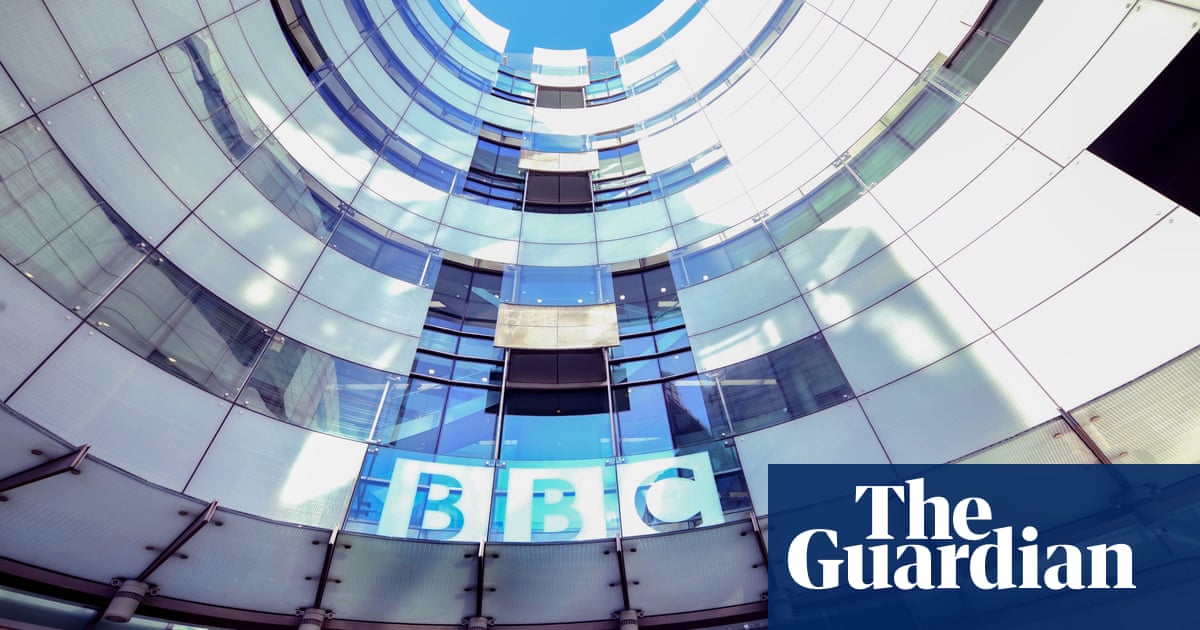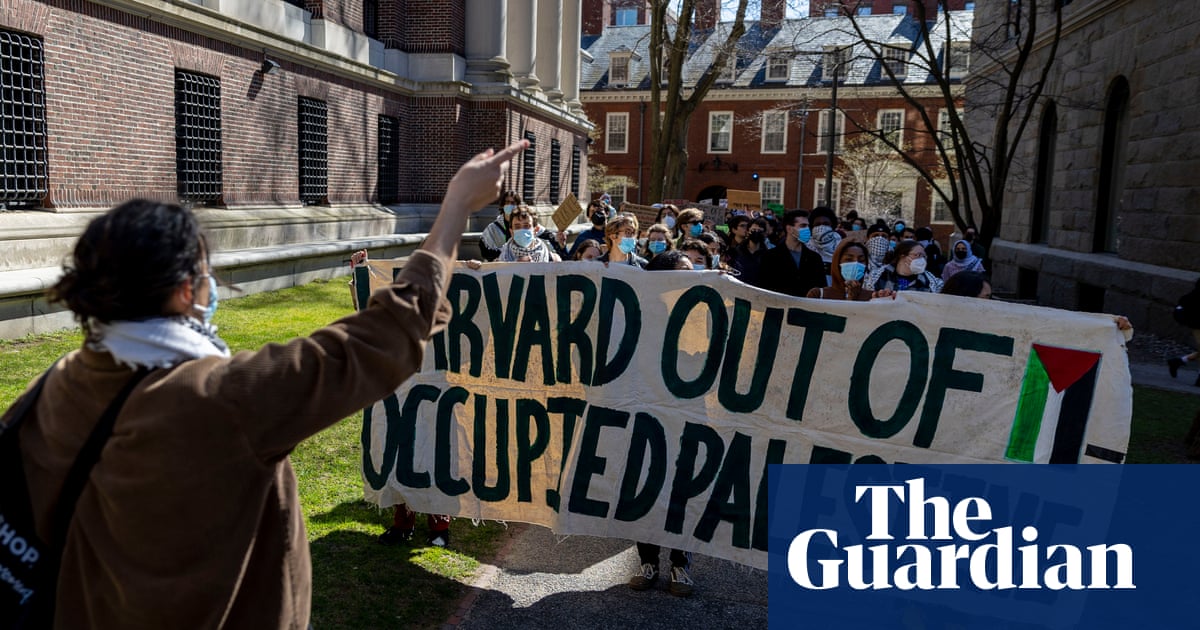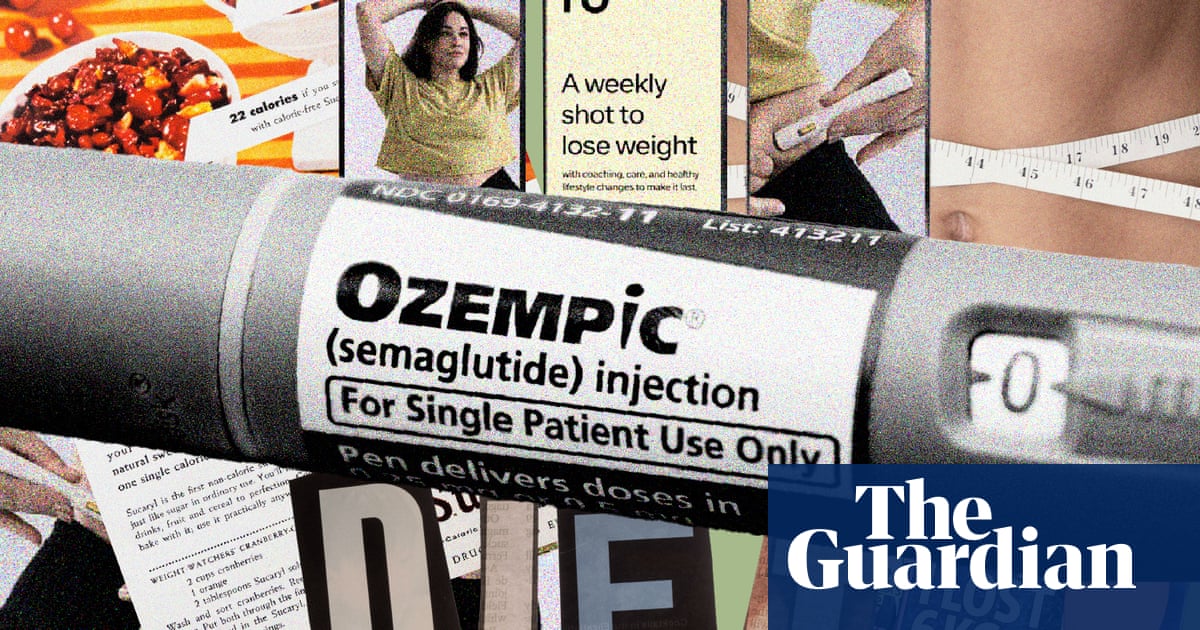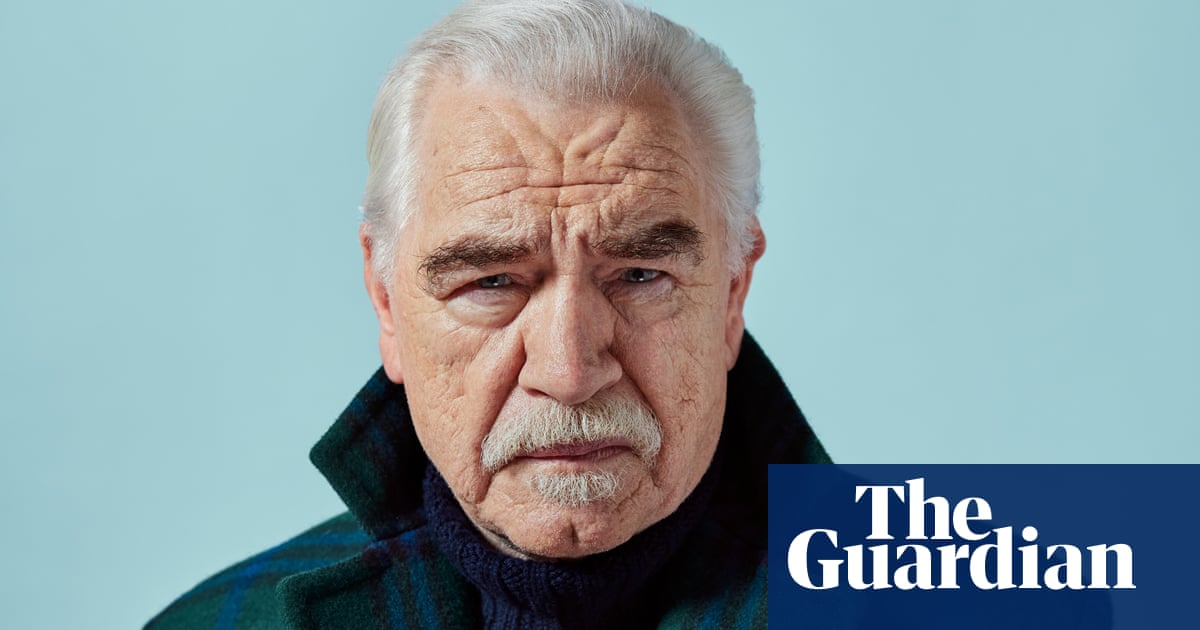Have you heard of the “sickfluencers”? I admit the phenomenon had passed me by until this week. “Sickfluencer” sounds like a term to describe the world’s least aspirational Instagrammer, where instead of trips to Bali and fine jewellery, brands send codeine and incontinence pads. #gifted #bestlife
In fact, it’s about the disability benefits system. But then what isn’t, nowadays? Just a week after the government published its unemployment white paper, Channel 4’s Dispatches: Britain’s Benefits Scandal reported that disabled and chronically ill social media users – dubbed “sickfluencers” – are using platforms such as YouTube and TikTok to share advice on securing disability benefits. Some are publishing template answers that followers can use to fill out their own forms. Others are sharing tips on Facebook and Reddit.
For the rational among us, this might seem perfectly reasonable, not least after a decade of decimated welfare rights services and legal aid cuts. When in-person support is removed, those left to fill in lengthy and complex paperwork alone – all while enduring debilitating symptoms – will naturally turn online for support.
But if the Daily Mail has taught us anything, it’s that rationality has no place in discussions of “welfare”. Instead, try unbridled hysteria. When former Spectator editor Fraser Nelson investigated the story alongside the wider benefits bill on Dispatches this week, his brow was furrowed for a full 48 minutes. At one point, Nelson stared at pixelated influencers on his phone with the anguish of a daytime TV presenter seeing a cowboy builder fleece pensioners rather than, say, a mum on YouTube helping cancer patients access money for food.
Scroll through the Times or GB News reports and they are similarly frenzied, breathlessly describing one influencer as “a self-proclaimed anarchist” who suggests followers tell assessors “about your absolute worst day”. Perhaps – and I’m just spitballing here – that’s because people with fluctuating conditions are often more likely to be unfairly rejected for benefits.
That “sickfluencers” are being “exposed” in the context of the rising number of people off work due to illness or disability makes the implication behind all this clear: claims for disability benefits are soaring not because of NHS waiting lists, growing poverty or a pandemic, but because sneaky scroungers are helping each other game the system.
It is a deeply nasty narrative, of course, in which sick people’s desperation is framed as duplicity. More than that, though, it distorts the structural problem of an opaque benefits system defined by faulty decisions and errors into a story of personal character failings. This is a system that asks people with Down’s syndrome how they “caught it” and quizzes depressed claimants about why they haven’t killed themselves yet. One so absurdly broken that 70% of appeals are successful, and benefit delays and rejections are a key reason the majority of people turning to food banks have a disability.
It is not hard to understand why, faced with this rigged game, some disabled people turn to each other for help to at least understand the rules.
Contrast the furore over “sickfluencers” giving out benefits advice to the glee of television items that reveal “pension secrets” or newspapers that promote tax-saving tips to wealthy workers. Indeed, over the past few months alone, the Times has had multiple articles advising its readers how to cut their tax bill. What’s legitimate for the rich and healthy is cheating for the poor and sick.
If we were honest, we’d admit that some take pleasure in judging disabled and chronically ill people, typically while being hyper-paranoid they’re garnering some sort of advantage (no matter how minuscule). Any disabled driver who’s been verbally abused by a stranger for using a blue badge space because they “don’t look like” they need it knows all too well that receiving help from the state gives the green light to others to police our bodies and behaviour.
The rise in disability benefit claims has only encouraged this, perpetuating the bizarre idea that illness is something to covet rather than avoid. Read the comments under one of the many recent pieces on “workshy Britain” and you will see a good chunk of the general public appears to be channelling Miss Marple if she specialised in detecting Munchausen syndrome. It is reminiscent of the spate of articles musing that the rise in chronic illnesses and diagnosis rates of ADHD could be down to influencers and celebrities talking about them, as if long Covid was a buzzy new Thai restaurant. Disability has been the hot trend for 2024 in the same way that the bubonic plague was in the 14th century. When it feels like everyone else has an armpit pustule, you’ve just got to have one.
If this is starting to all feel rather ludicrous – and it really should – perhaps it is worth going back to basics. So, here are a few eternal truths. No one wants to be sick. Very few people enjoy being unable to work. Fraud rates for the key disability benefit are effectively zero.
Britain’s social security system is riddled with scandal – just not the one you hear about. The rollout of universal credit is going to make thousands of disabled people significantly poorer. Benefits are already so low they often don’t cover regular meals or rent. Disabled benefit claimants have been left housebound because their adapted cars were taken away.
That there is more outrage directed towards the ill people finding ways to navigate this rotten system than the politicians who are responsible for it is the real sign of a sick society. There are people who should be shamed for their part in this mess – and it is not the ones on TikTok crying out for help.
-
Frances Ryan is a Guardian columnist

 3 months ago
87
3 months ago
87













































